- Fierce fighting breaks out near junta’s No. 344 Artillery Regiment in Yekyi Twsp
- Indigenous communities in Chittagong Hill Tracts struggle amid ARSA threats
- Weekly Highlights from Arakan (Feb 16 to 22, 2026)
- Hindus struggle with livelihood hardships amid job shortages in Arakan State
- Equipment from Chinese-owned VPower plant in Kyaukphyu to be fully relocated amid growing conflict
Junta bans media outlets in Arakan State from using term ‘military council’
The state government will investigate and take action against media outlets that use the term “military council,” U Hla Thein, a spokesperson for the Arakan State military council, told DMG.
22 Aug 2021
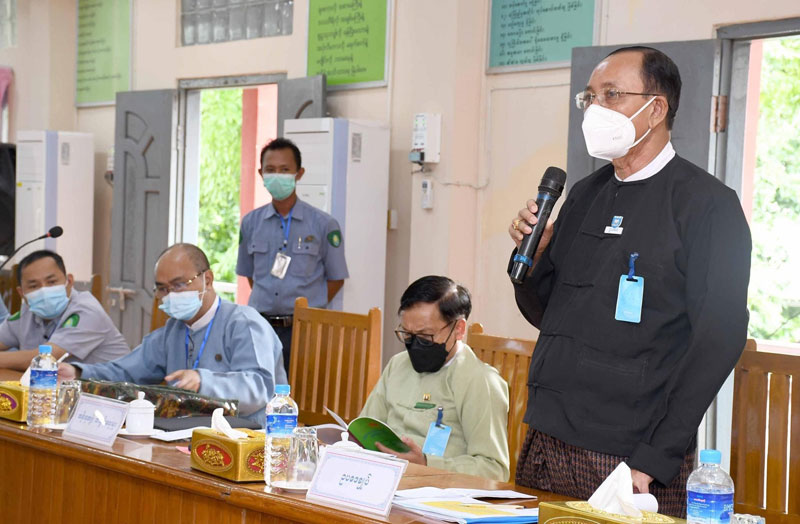
DMG Newsroom
22 August 2021, Sittwe
The state government will investigate and take action against media outlets that use the term “military council,” U Hla Thein, a spokesperson for the Arakan State military council, told DMG.
“Some local media in Arakan State still use the term ‘military council.’ Such terms need to be avoided by the media outlets and are dangerous,” he said. “We have been instructed to take action against the media outlets that refer to the ‘military council.’”
U Hla Thein also said the Arakan State military government has been monitoring media outlets for those that he described as making untruthful attacks against it.
“We will first issue warnings and complaints to the Myanmar Press Council without taking any action against the media outlets,” he added.
Semantically sensitive, the Myanmar military does not even accept the term “coup” to characterise its forcible seizure of power from the elected government on February 1. It is also against use of the terms “junta” and “military regime” to describe the State Administration Council, a body that is led by military commander-in-chief Min Aung Hlaing and dominated by other senior generals.
U Myint Kyaw, a former secretary of the Myanmar Press Council, said the ban on the term ‘military council’ and any action taken against media outlets that use the term is censorship.
“The State Administration Council seems to view the term ‘military council’ as a derogatory term. In fact, it’s just a shorthand. They [the military] formed the State Administration Council, regardless of how much the military was responsible for the coup. So I think the term military or military council is correct. To use what they want is to censor the media,” he said.
He added that any discussion of media ethics ought to also examine the government’s engagement, or lack thereof, with journalists.
“It is the basic code of conduct for the media to ensure that information is fair and accurate, and that information is not compromised,” he said. “Sources also need to respond to the media. When asked by the media, they [government sources] are silent.”
Since the military took power on February 1, some new outlets have been raided and shut down, while others have moved their operations out of the country, assuming the mantle of exile media. Several journalists have been arrested and prosecuted under various charges widely criticised by press freedom groups as politically motivated.
“People can no longer be ruled by fear like in the days of the State Law and Order Restoration Council (SLORC) and State Peace and Development Council (SPDC),” said Ko Zaw Zaw, operations manager of Development Media Group (DMG), referring to previous military governments of the late 1980s, 1990s and 2000s. “The people have always been on the side of truth.”




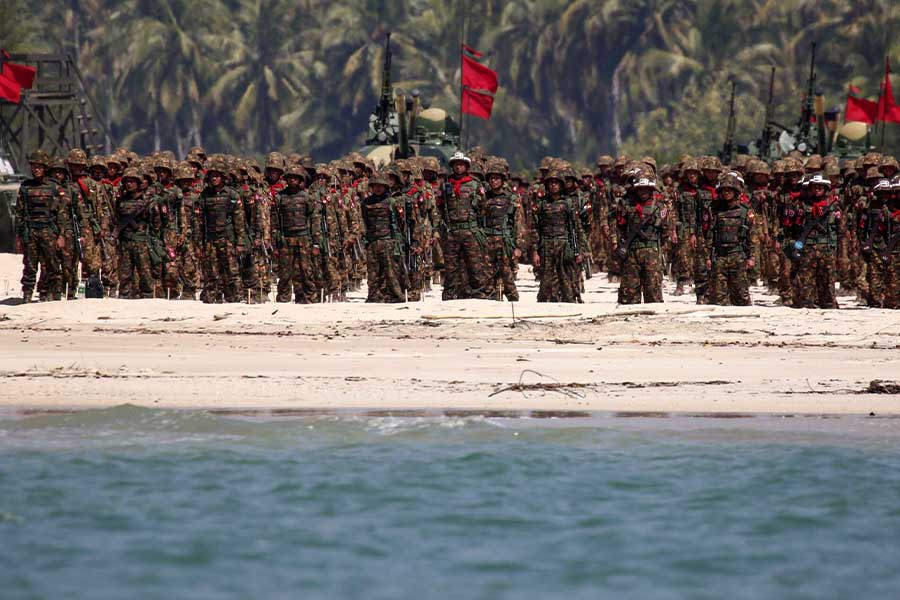
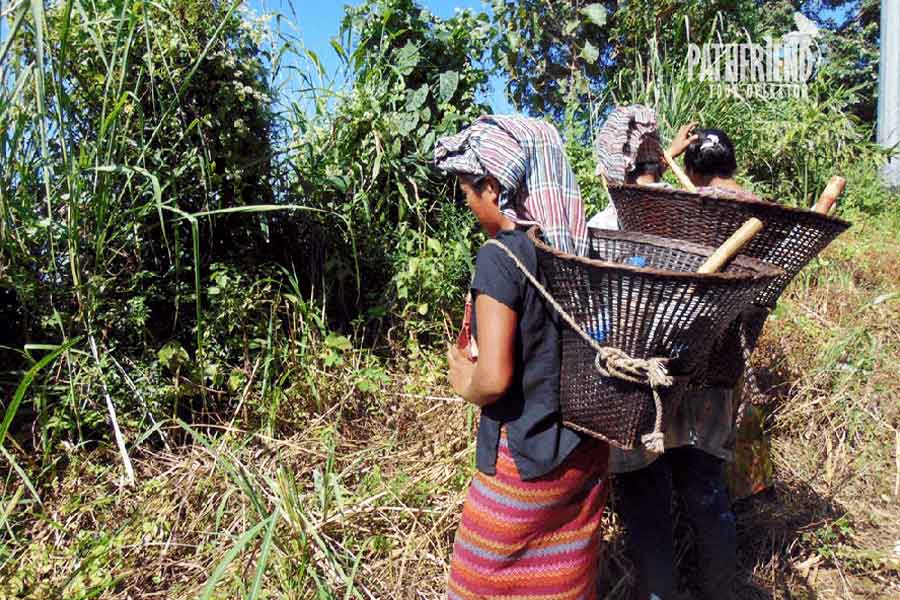
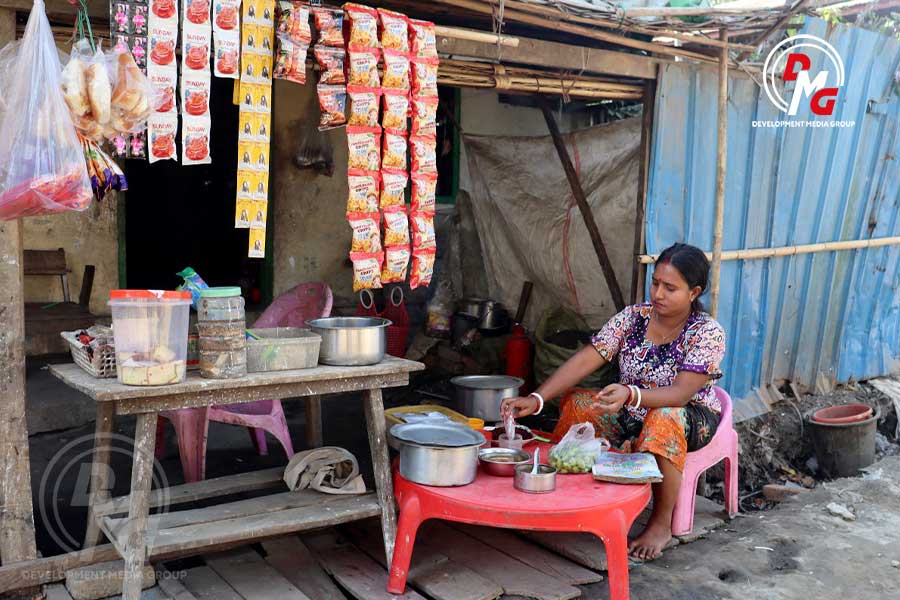
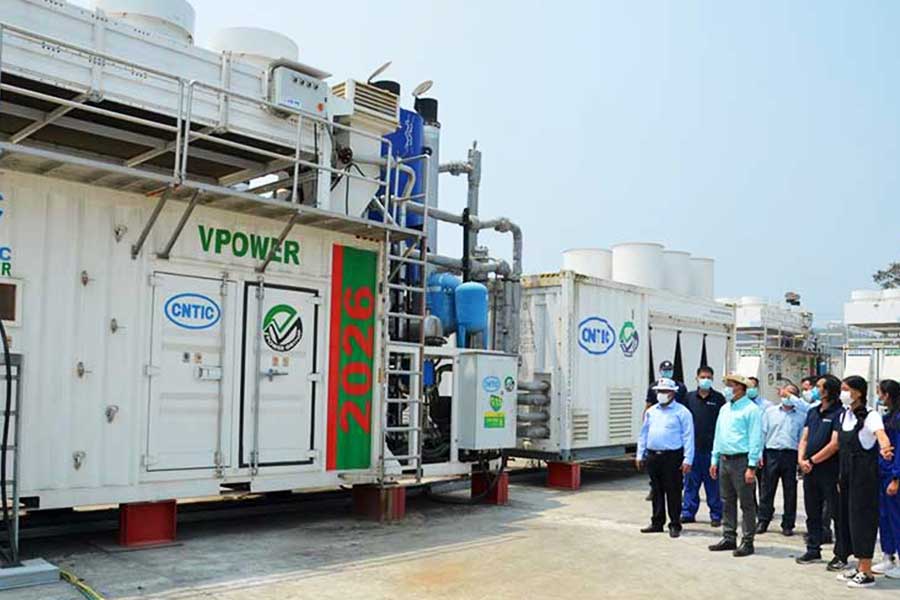
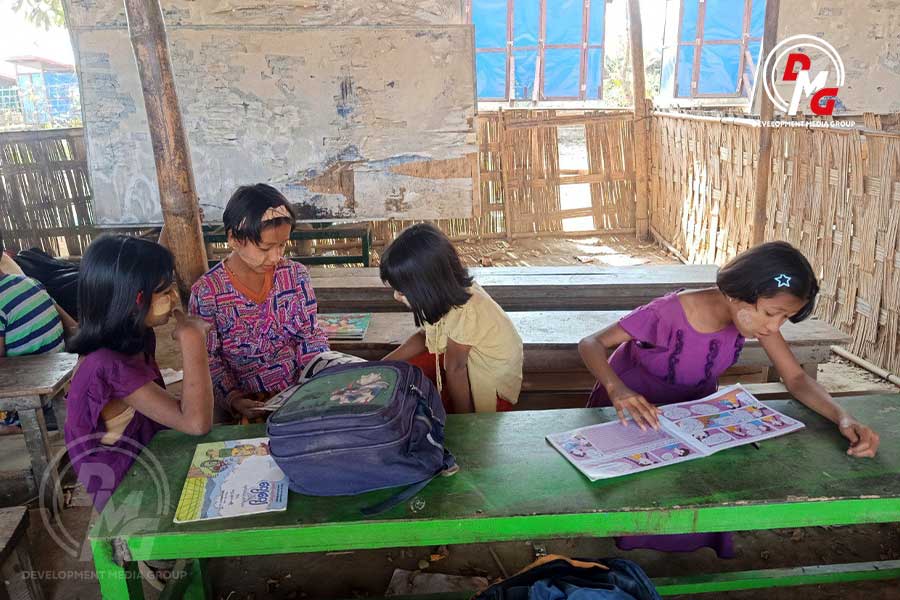








.jpg)